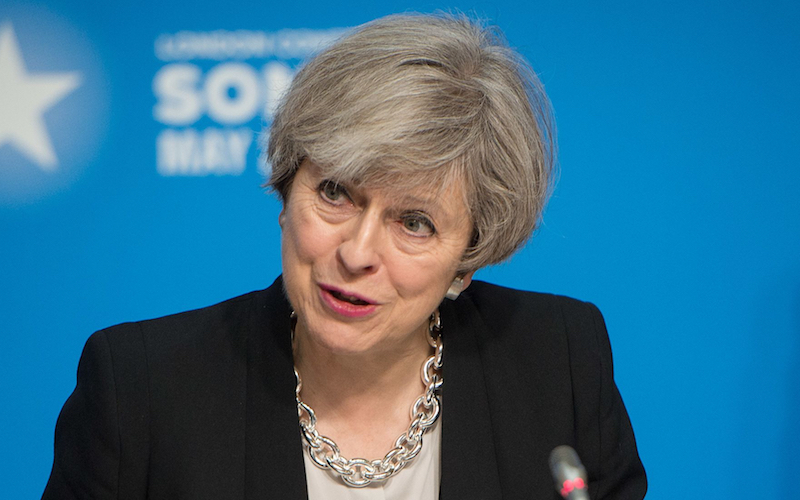
A Brexit World? EU plus One. EU +1 Bloc
There is a lot of pressure on Theresa May at the moment from within and outside her party to stand down. At this rate we will be changing our Prime Minister as regularly as Australia. Heaven forbid. Despite the fact that she lost an overall majority in the last election, remarkably she has been able to stay clear of a second coalition with the Liberal Democrats, which despite the controversy, the previous one actually worked, unlike coalitions on the European continent. Whilst Corbynista takes Scotland by storm, making a welcome change from the SNP Scottish Nationalist party, the Labour Party is as equally confused and divided as the Tories. Most are of the firm view that Theresa May is the best person to deliver a Brexit deal that derives synergistic benefits for the sum of EU and Britain combined that could lead to a new formation, the EU+1.
All this excitement and still no clear direction on the government’s Brexit hand despite a raft of policy position papers being released. In reality, very little can be done in terms of Brexit negotiations until the German elections are out of the way by the end of September. Strong and definite leadership by Europe’s largest economy is required if a more robust negotiating stance can be taken in this sequential bargaining scenario. Everyone thinks that we are stalling in talks. This is not the case. The EU negotiators are illegally demanding that Britain pay a divorce settlement and agrees to terms before we enter trade talks, dramatically reducing the runway on which a deal has to lift off. In doing so, the EU is limiting their options and strategic agility.
Not only does Article 50 not specify a divorce settlement but the House of Lords, which has an important role in scrutinizing legislation and is a learned body have already said that it is not a legal prerequisite of Article 50 to include a divorce settlement. Indeed, this whole analogy with divorce is not a good one. After Britain leaves the straight-jacket of the EU, it is hoped that our relationship will become stronger than in the past on all fronts including trade, security, identity diversity, history, cultural links and so on. This can hardly be considered to be a divorce? Britain and the EU do not have any children to care for? Indeed an EU+1 will be stronger than the current situation.
Thus a big issue that we need to consider is that an EU+1 could essentially be stronger than the existing EU format. The problem with the whole EU Britain thing is embodied in the fact that we have completely different legal systems and constitutions which define the major differences. Britain is the mother of the common law system which is unwritten, whereas the EU is essentially codified. Whilst through path dependency, Roman Law has enshrined long memory elements like contract law and law of torts in both systems – it is the law of trusts that is markedly different. The law of trusts is a quirk in English Law that came into being during the middle ages through an unlikely Islamic passage termed waqf.
It is waqf that gives rise to the separation of ownership and control, the basis of trust law, the limited company, the ‘Chancellor’s Foot’ the law of agency and so on. The EU had no comparative concept of trust law until it was codified into EU Laws. If we look at regulation of capital markets around the globe, they follow SEC Securities Exchange Commission regulation which is based strongly upon the English concept of the Law of Trust.
The law of trust that permeates English commerce sets the rights of minorities like small shareholders as highly important, whereas in continental Europe the rights of minorities have traditionally been weak requiring a dominant shareholder like a bank to control companies. This apparent small but significant difference between English and EU law has given rise to an important cultural difference. Strong minority interests in Common Law countries means that diversification of shareholders’ interests can be done effectively and efficiently and results in a short-term attitude. Whereas, the opposite occurs on the continent, where long-termism prevails amongst the providers of capital. Short-termism is synonymous with flexibility, whereas long-termism is the opposite. This idea is why Britain and the EU are already at loggerheads in relation to the three initial rounds of Brexit negotiations. Both sides need to create a framework for the negotiations based on a hybrid of long-termism and flexibility. Flexible long-termism should be advocated that gives rise to an EU+1 bloc which is more robust than at present. Again, we should be not talking in divorce terms but rather in terms of strengthening the existing love-in.
And in the meantime. LEAVE Mrs. May alone!

